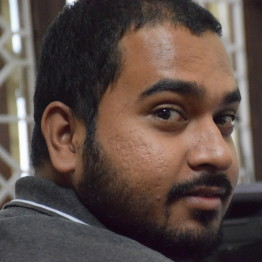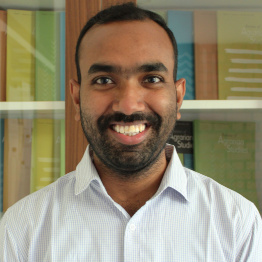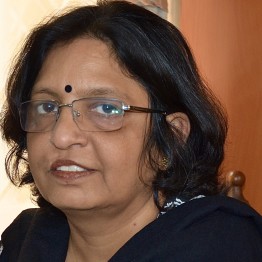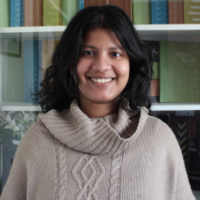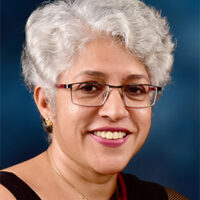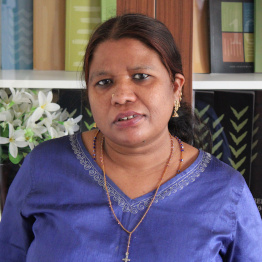Universal Basic Income
Madhura Swaminathan, Professor and Head at the Economic Analysis Unit, Indian Statistical Institute, Bangalore, presented a talk on universal basic income at the office of the Foundation on April 18, 2018.
She began with a brief introduction of the concept. Universal basic income implies giving all citizens a modest yet unconditional income. The keywords in this definition are, “all,” “unconditional,” and “income.” The relevance of each term in this definition was explained in detail. Universal basic income thus involves a cash-only flow of resources. Countries such as Finland have implemented universal basic income, while Brazil has passed a law that shall provide an unconditional basic income to the entire population. It was however, pointed out that it is too early for India to consider the possibility of implementing such an idea.
Madhura also discussed the proposal presented in the Economic Survey of India, 2016-17, recommending the substitution of several welfare schemes by universal basic income. The schemes that were proposed to be replaced include the Public Distribution System (PDS), the Indira Awas Yojana (IAY), and the Sarva Shiksha Abhiyan (SSA), among others. Such a proposal, Madhura argued, is fundamentally flawed. The concept of universal basic income should aim to supplement the existing anti-poverty and social welfare schemes rather than replacing or negating them. Madhura pointed out that this went against the basic philosophy of universal basic income. Resource allocation, she asserted, should necessarily aim to be equitable by implementing laws on progressive taxation.
The seminar concluded with the speaker clarifying and answering questions of the audience.














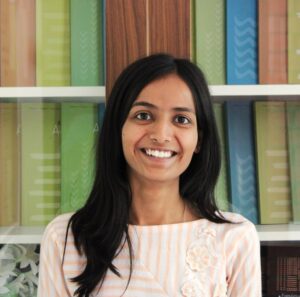
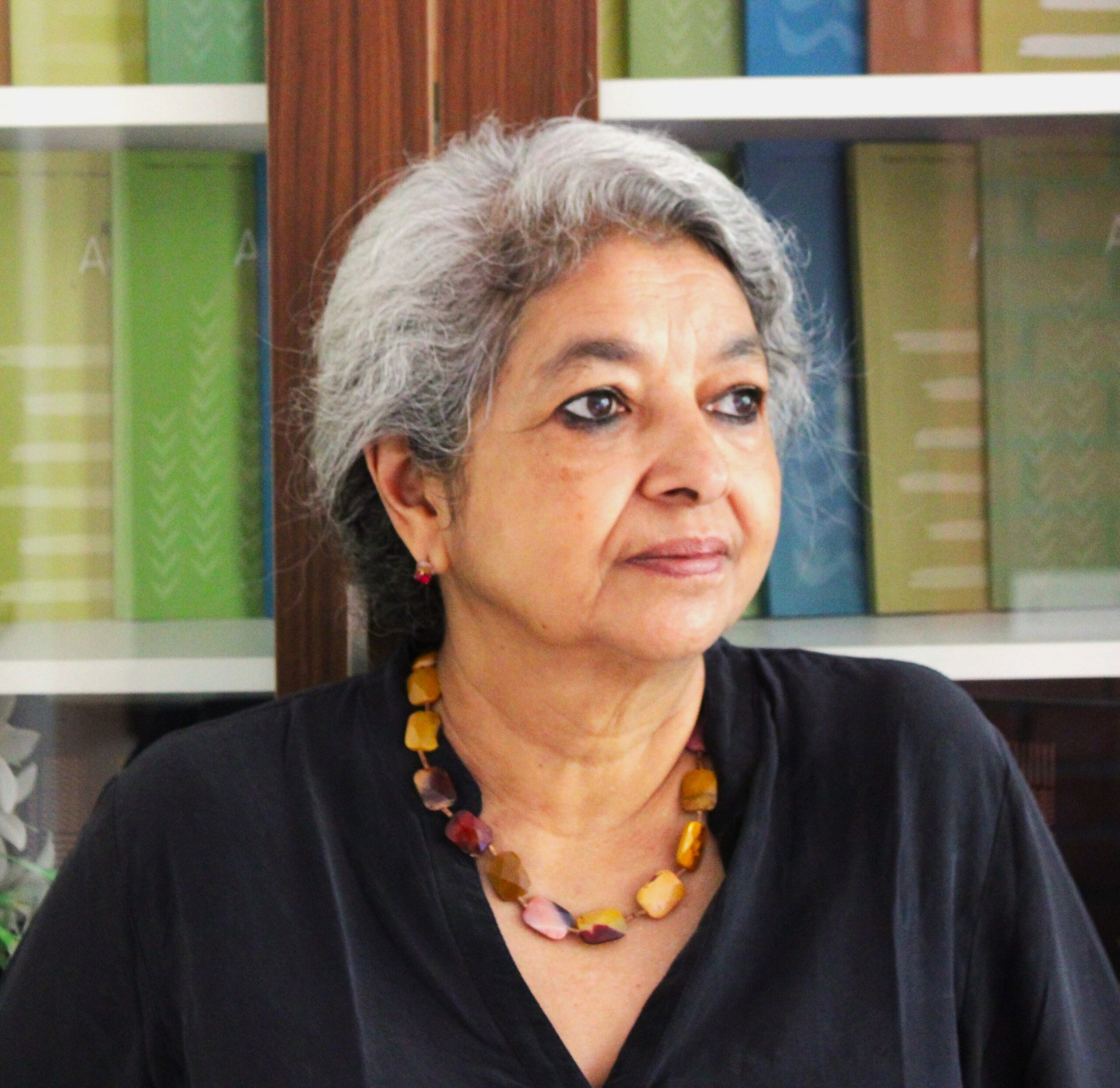
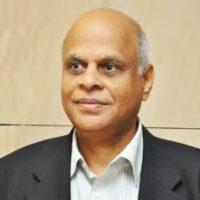









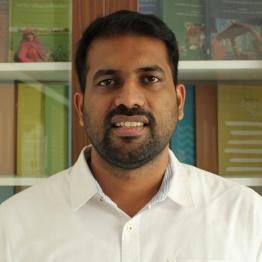


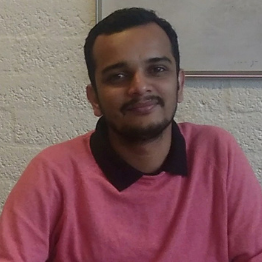




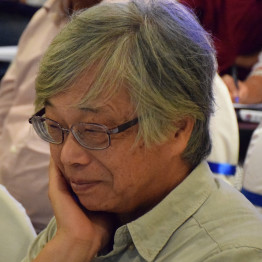
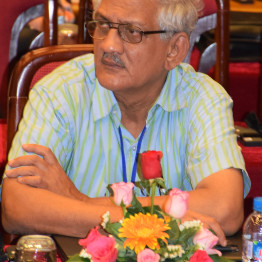
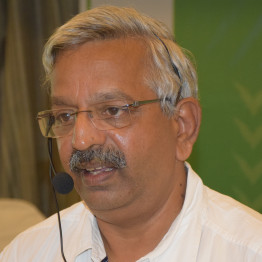

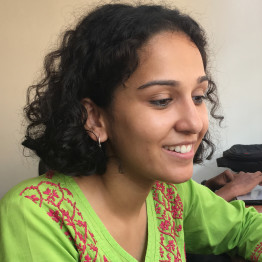
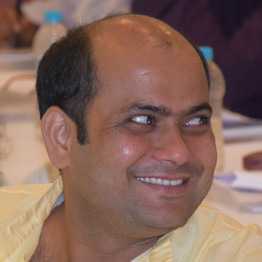

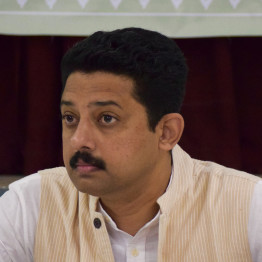


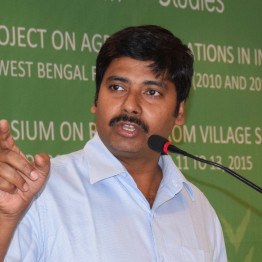

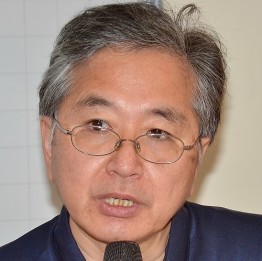







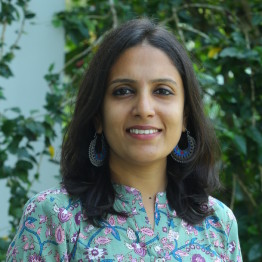
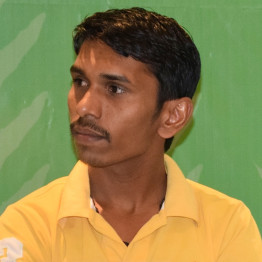

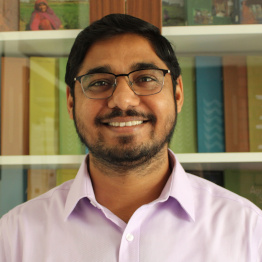
 Sudha is an Administrative Assistant of the Foundation. She assists the administrative division of the Foundation and also has taken part in fieldwork organised by the Foundation.
Sudha is an Administrative Assistant of the Foundation. She assists the administrative division of the Foundation and also has taken part in fieldwork organised by the Foundation.




